Scientists figure out how different factors, like temperature, density, and pressure, relate to each other in the matter inside neutron stars.
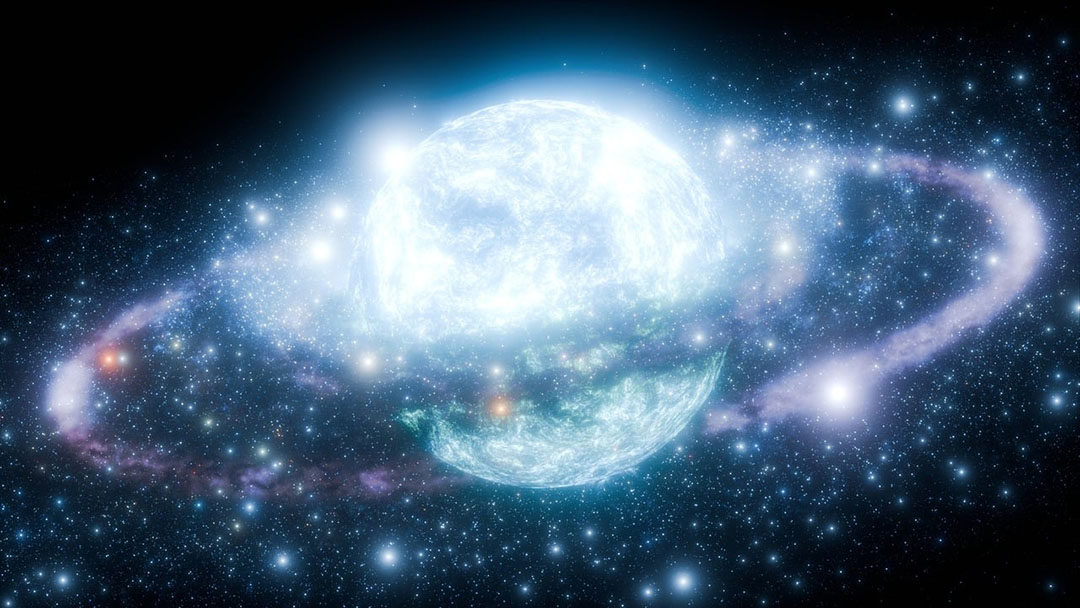

Scientists figure out how different factors, like temperature, density, and pressure, relate to each other in the matter inside neutron stars.

Dark matter may be gathering in dense clouds around neutron stars, potentially making it easier to observe it from Earth.
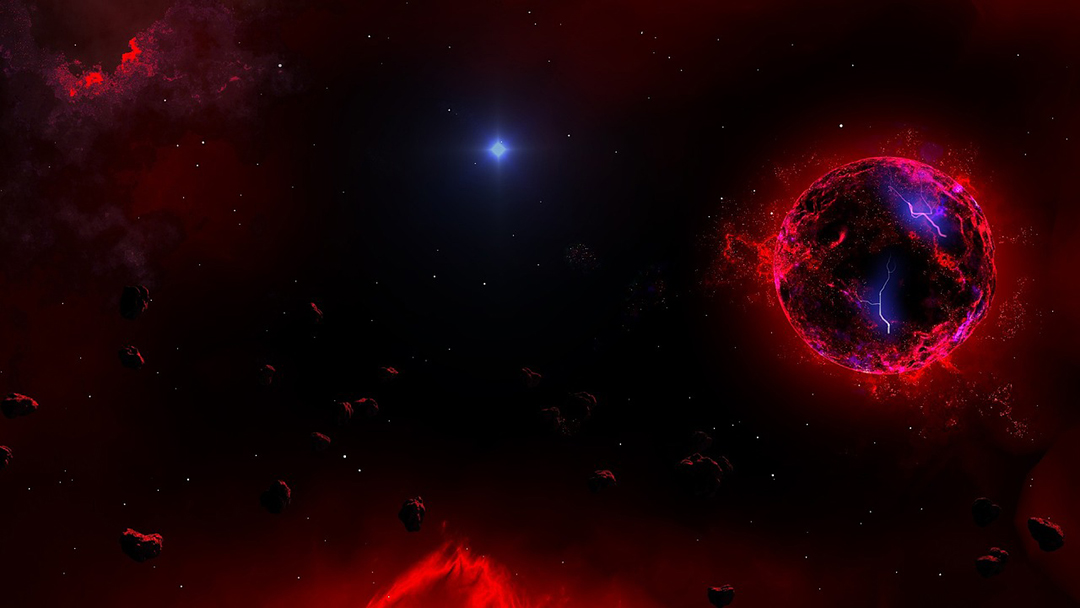
Could neutron stars hold the key to observing dark matter? Researchers believe studying them might one day reveal this elusive substance.
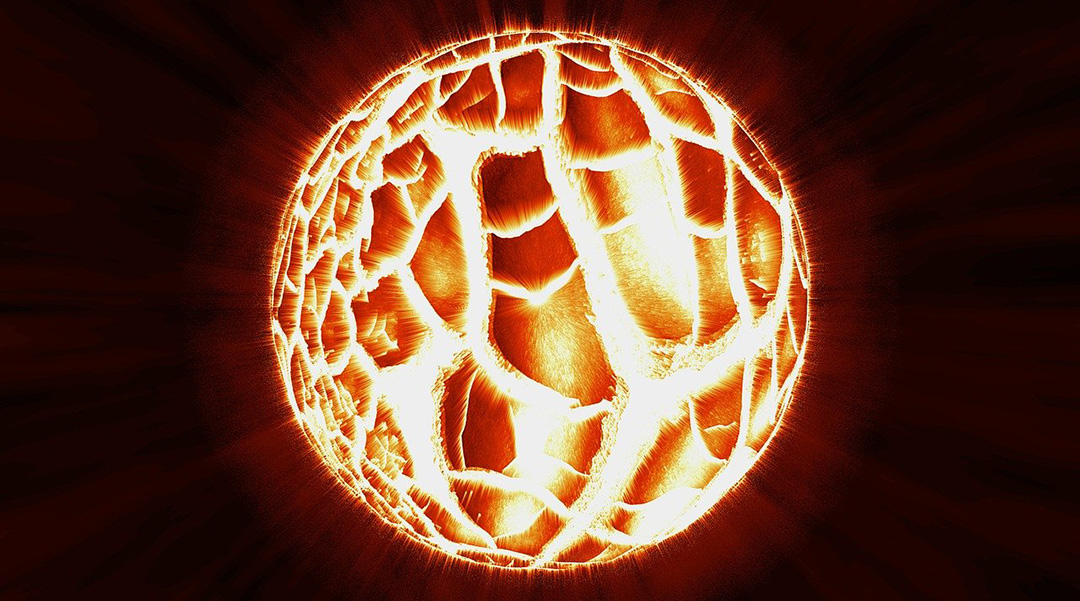
Massive neutron stars have such enormous pressure in their cores that neutrons residing there lose their integrity and become a new type of matter.
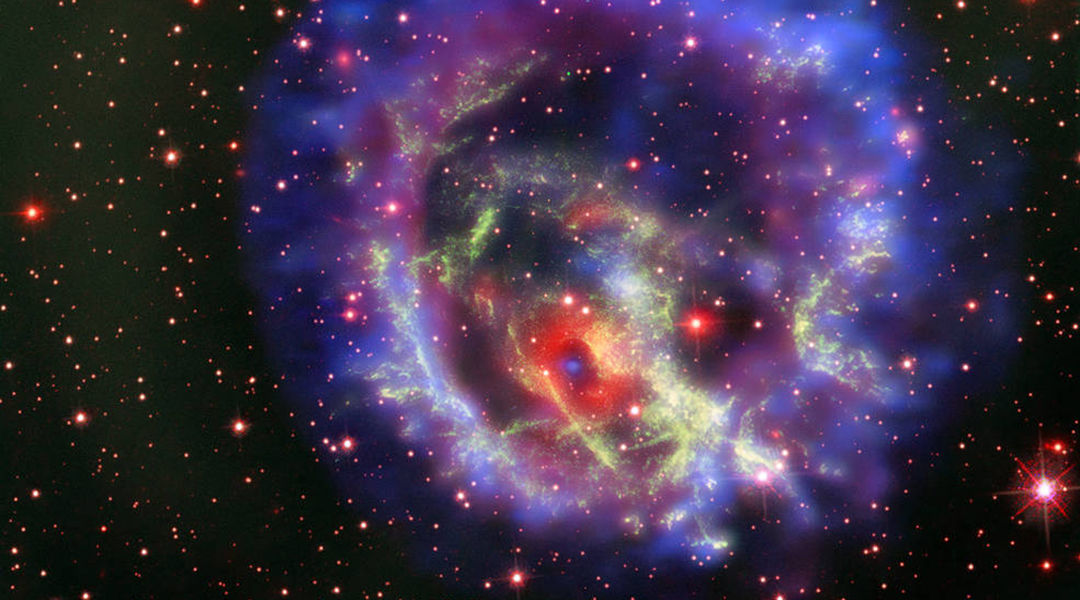
Comparing algorithms used to model spinning neutron stars, scientists hope to better understand the physics of the elementary particles that make them up.

A new machine learning algorithm that can rapidly pinpoint the location of a neutron star merger using gravitational wave signals alone.
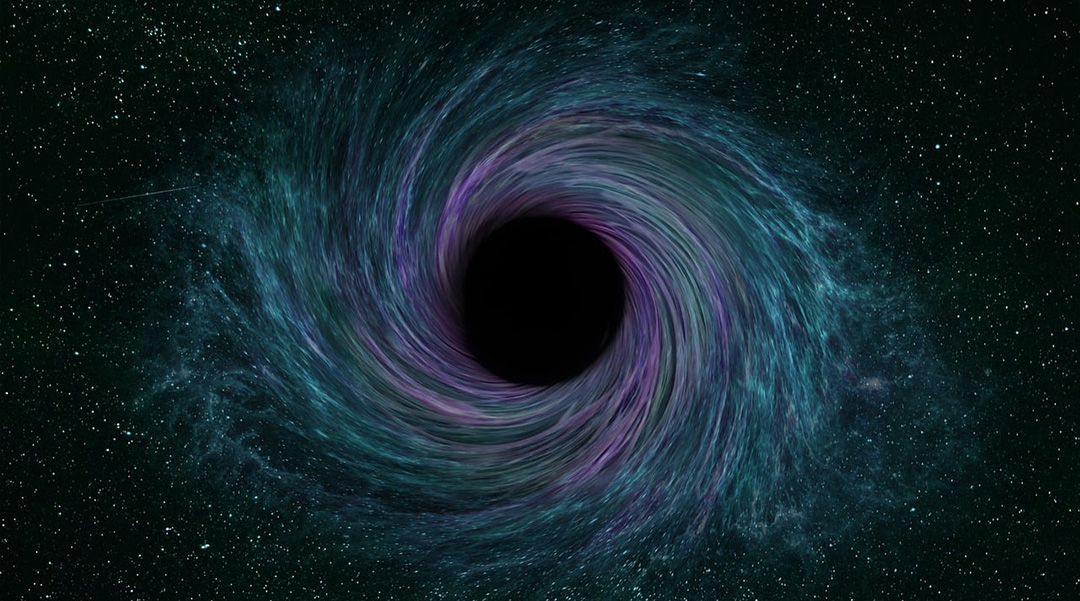
Linking string theory with observations, frozen stars shed new light on black holes and the clash between quantum mechanics and relativity.
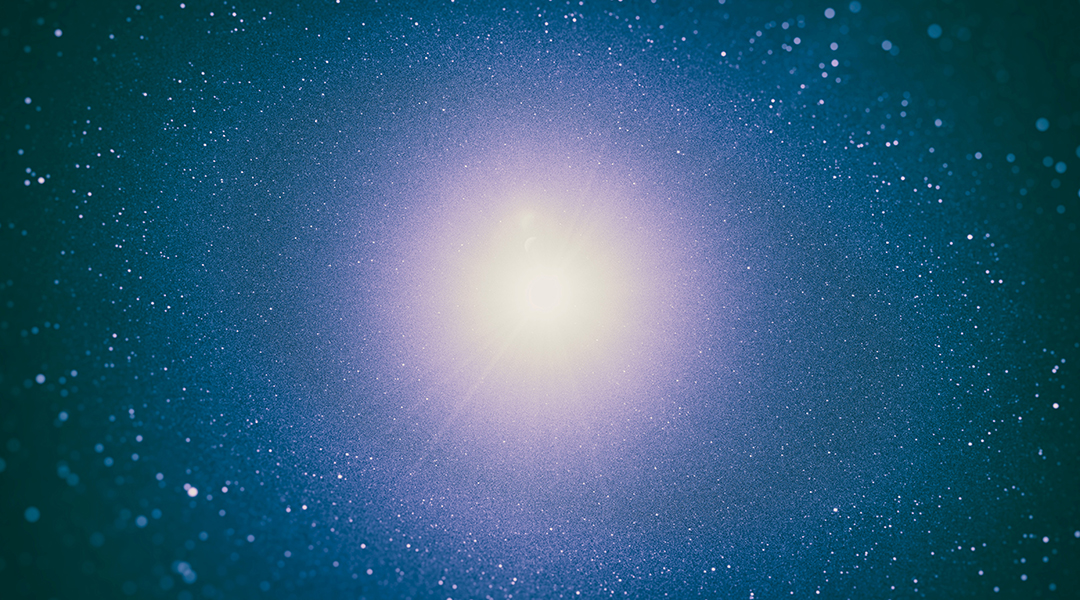
Astronomers have observed neutron stars that emit more energy than is theoretically possible, and now an explanation might be in the works.
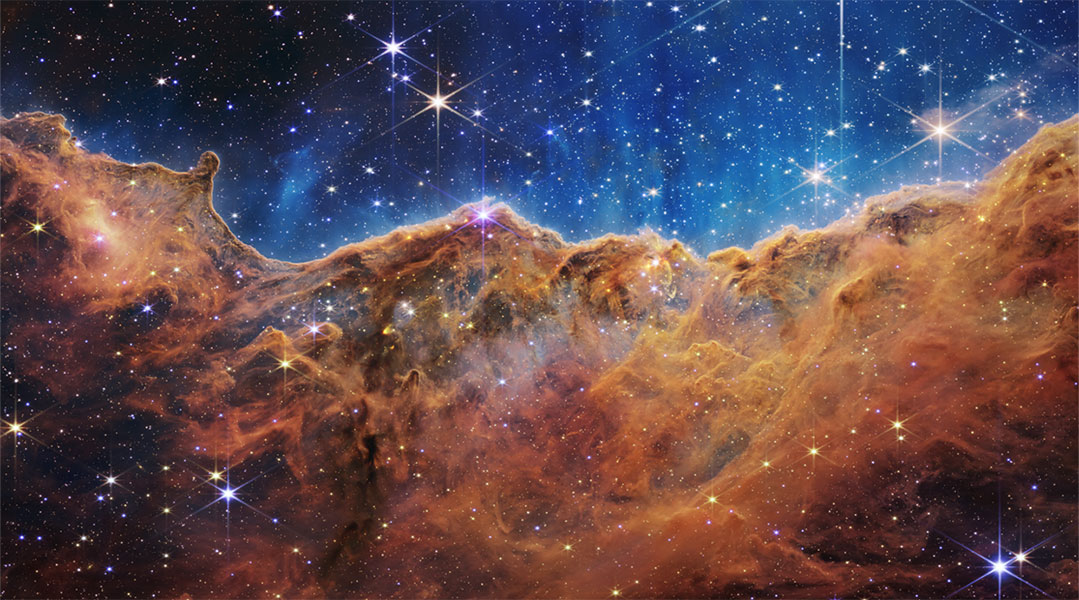
Astronomers are discovering that the rate of star formation in the universe is dropping, and they want to know why.

Physicists have reported the observation of a tetraneutron, a subatomic particle consisting of just four neutrons.